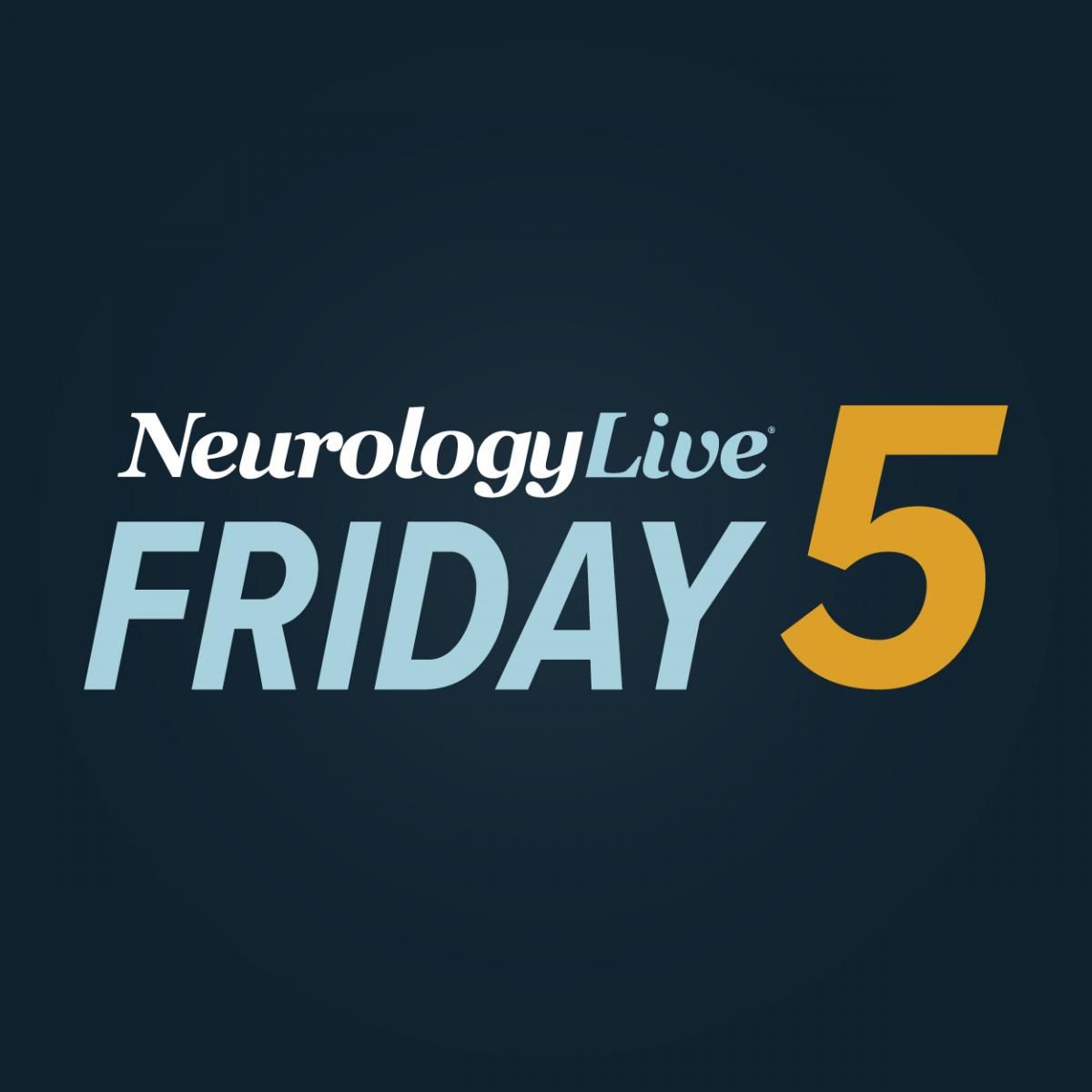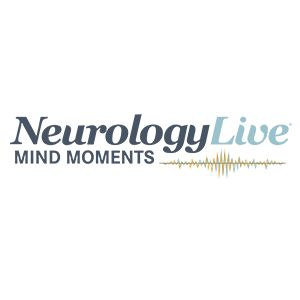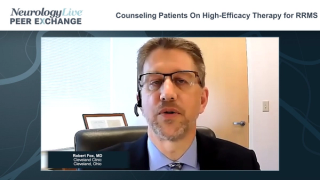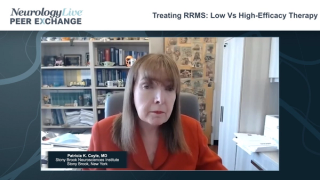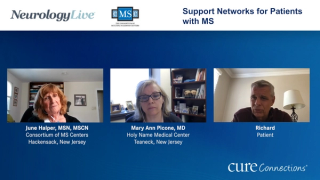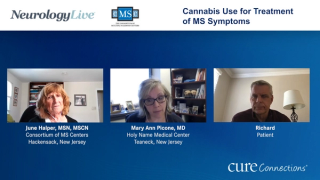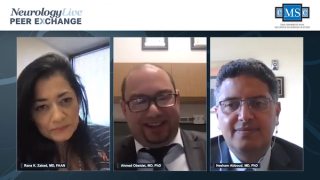
MS and Demyelinating Disorders
Latest News
Latest Videos

CME Content
More News

The neurologist at Cleveland Clinic’s Mellen Center for Multiple Sclerosis and co-principal investigator of the CAVS-MS study details the specific reasons for examining central vein sign as a biomarker.

The clinical research director at the UCSF Multiple Sclerosis Center discussed the efficacy of inebilizumab (Uplizna; Viela Bio) and biomarker data observed in the N-Momentum trial in NMOSD.

The clinical research director at the UCSF Multiple Sclerosis Center shared his perspective on the recent FDA approval of inebilizumab (Uplizna; Viela Bio) for NMOSD.

Take 5 minutes to catch up on NeurologyLive's highlights from the week ending June 19, 2020.

The clinical research director at the UCSF Multiple Sclerosis Center discussed the anticipated impact of the recent FDA approval of inebilizumab (Uplizna; Viela Bio) for NMOSD.

The neurologist at Cleveland Clinic’s Mellen Center for Multiple Sclerosis and co-principal investigator of the CAVS-MS study discusses the reasons for the high rates of misdiagnosed MS.
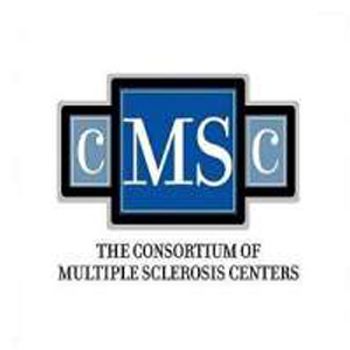
The online conference theme for this year is "Coming of Age with Multiple Sclerosis," and will feature the top neurologists and specialists within the multiple sclerosis community.

In Part 2 of this interview, Bryan Davis, PsyD, MS, clinical health psychology fellow at Cleveland Clinic’s Mellen Center for MS, details the impact that conversations about masculinity norms in MS can have on future trials and care.

The clinical health psychology fellow at Cleveland Clinic’s Mellen Center for MS Treatment and Research at Cleveland Clinic details the interventions for men with MS and how the study can change the discussion on masculinity norms.

The $7.2 million grant will evaluate central vein sign as a biomarker for multiple sclerosis diagnosis.

In Part 1 of this interview, the clinical health psychology fellow at Cleveland Clinic’s Mellen Center for MS Treatment and Research provides in-depth insight on his study evaluating masculinity norms in patients with multiple sclerosis.

Neurology News Network for the week ending June 13, 2020.

Take 5 minutes to catch up on NeurologyLive's highlights from the week ending June 12, 2020.
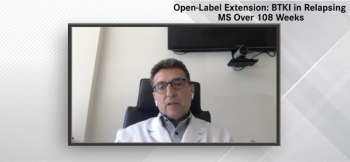
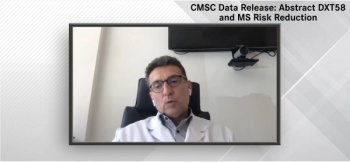

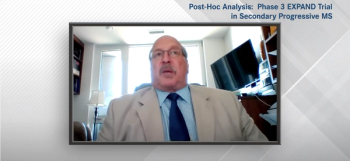


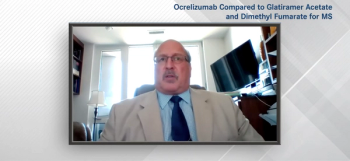



The treatment, marketed as Uplizna, is only the second approved therapy for NMOSD.

The clinical health psychology fellow at the Mellen Center for MS Treatment and Research at Cleveland Clinic details the use of behavioral health and potential use of Conformity to Masculine Norms Inventory (CMNI) tool in multiple sclerosis care.

An overwhelming number of patients with relapsing multiple sclerosis may accumulate disability due to underlying progressive disease course independent of relapse activity.


